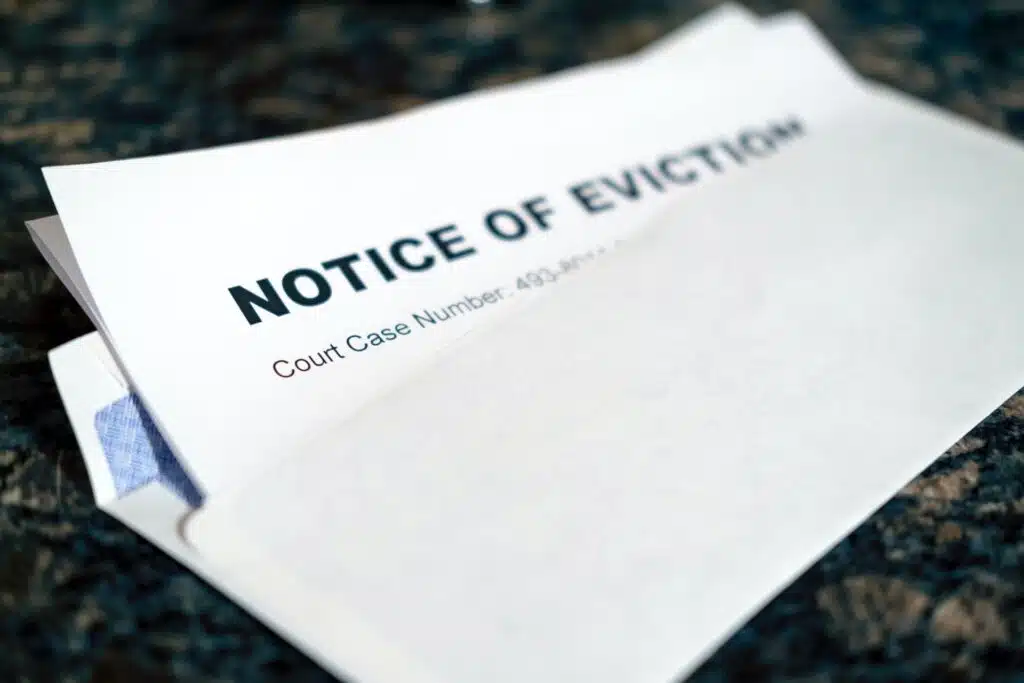My friend Jim Ingersoll in Richmond, Virginia, recently shared an article from the Richmond, Virginia newspaper giving information regarding the problem with evictions in that city. According to one data source (which I think is slightly biased), Richmond had the second highest eviction rate in the United States. The author of the article went on to assert that the social cost of housing instability is enormous (I agree); that it affects the physical health, mental well-being, employment, and educational attainment of individuals and their children (I agree with this as well); and that research demonstrates that housing instability is rooted not in individual or community failures, but in policies of exclusion, displacement, disinvestment, and discrimination. Now that is where I disagree.
In my experience working with numerous landlords in multiple jurisdictions, evictions are based on two things: failure of the tenants to timely pay the rent, and failure to abide by the fundamental rules of being a good neighbor and taking care of the property.
The article goes on to say something with which I strongly agree, and this is what I want to focus on: using the eviction system in housing courts as a way of trying to collect rent from tenants is a very expensive proposition and a bad business idea. Getting to the point where you have to go to court to get a tenant out of a property means there has been a systemic failure in the landlord-tenant relationship. Is there a time and place to use court-ordered evictions to get possession of your property? Yes. Should it be your first method of resolving an issue between you and your tenant? Absolutely not. It should be the last resort.
Preventing evictions begins with how you have your property positioned relative to its interior and exterior condition as well as how you market it when looking for a tenant. Eviction prevention begins before the rental agreement is made. You want the tenant to know how you do business and let them choose whether they want to do business with you. The more information you can share up front about your business culture and your desire to cultivate a long-term, healthy relationship between your rental business and your tenants will go a long way toward helping you avoid potential problem tenants because they will de-select themselves.
A healthy landlord-tenant relationship can last decades, which is what we should aspire to have. Please stay tuned as I share more thoughts regarding eviction prevention, the formation of policy, and the steps landlords need to take to prevent any growing traction for a Renters Bill of Rights and national rent control.



